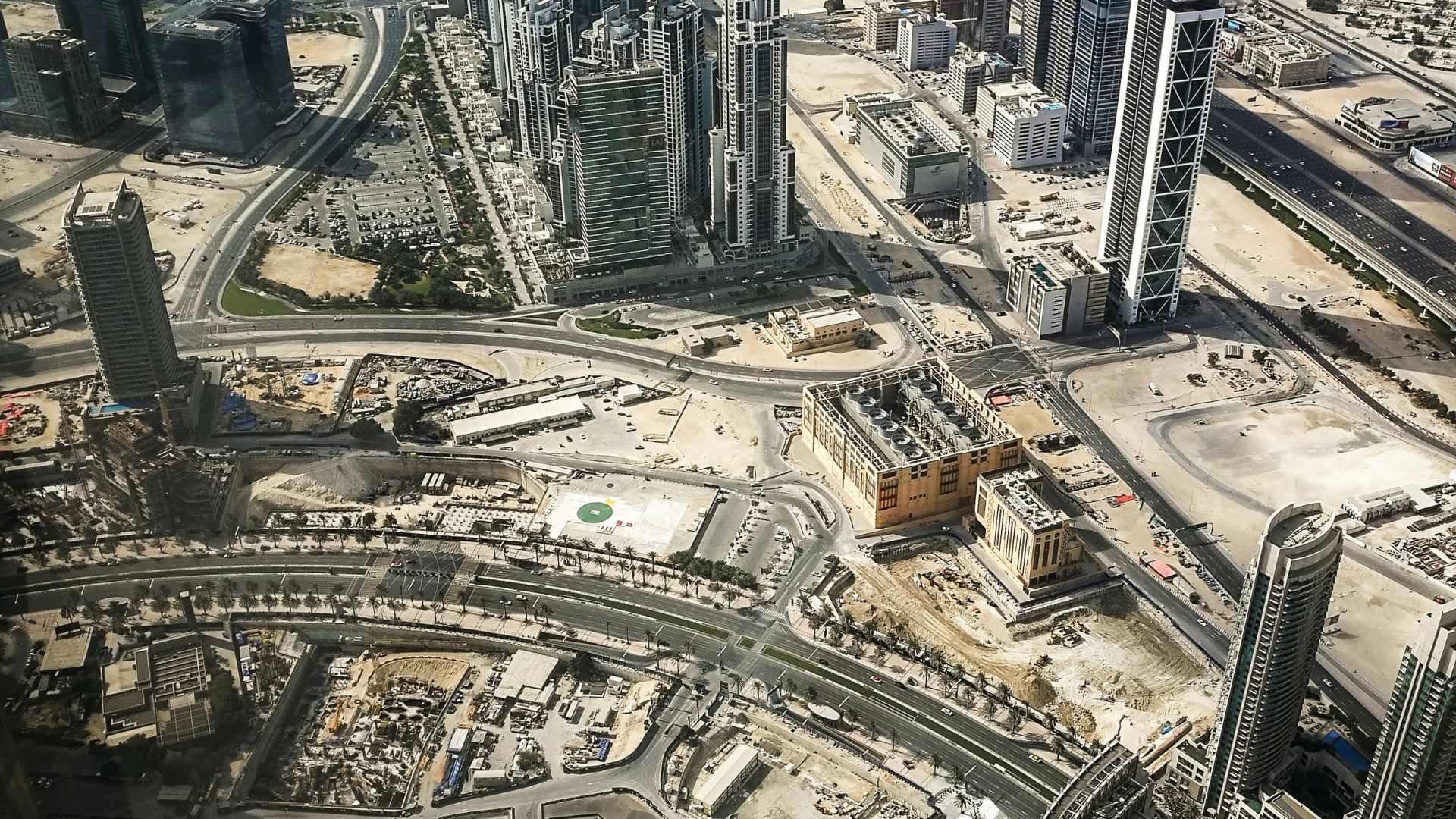Navigating Dubai’s property transfer process in 2025 is crucial for expats aiming to invest in the city’s booming real estate market. From luxury apartments in Downtown Dubai to affordable townhouses in Al Furjan, understanding the steps, legal requirements, and costs ensures a seamless ownership experience. This guide provides expats with a clear roadmap to the property transfer process, optimized for Dubai’s freehold zones and 2025 market dynamics.
Summary of the Transfer Process
The Dubai property transfer process under the governance of the Dubai Land Department (DLD) and oversight of the Real Estate Regulatory Agency (RERA) becomes transparent. Foreigners are able to buy freehold properties at locations like Dubai Marina, Palm Jumeirah, or Dubai South. It begins with selecting a property, signing a Memorandum of Understanding (MOU), and ending with the registration of the title deed. For Dubai Creek Harbour or Emaar South off-plan properties, an interim Oqood certificate is issued until handover. The key steps are securing a No Objection Certificate (NOC) from the developer and DLD transfer fee payment.
Select a Property: Visit freehold locations like Meydan or Business Bay with a RERA-certified agent. Verify developer reputation for off-plan developments.
Sign the MOU. Finalize the price and payment plan with the seller, e.g., a 10% deposit is standard.
Step-by-Step Guide
Get an NOC: The developer issues an NOC, confirming there are no dues payable, especially for off-plan properties in DAMAC Lagoons.
Pay DLD Fees: A 4% transfer fee and AED 580-4,300 administrative fees are paid at the DLD or the Dubai REST app.
Register Title Deed: Full ownership at a DLD office or Trustee Center, which can qualify for the Golden Visa if the property is worth over AED 2 million.
Fees and Financing
Expats will have to factor in the 4% DLD transfer fee, 2% agent fee, and mortgage registration fees (0.25% of the mortgage). Bank mortgage finance by banks like Emirates NBD covers the cost of up to 75% of property value for international buyers. Off-plan properties offer a payoff plan with flexibility, thus lessening the financial load. Properties in demand areas like Dubai Hills Estate command 6-8% yield on rent; hence, transfer is the key to high ROI.
Tips for Expats
Appoint a RERA-licensed broker to take you through formalities and monitor escrow accounts while engaging in off-plan purchases. Use the DLD’s Dubai REST app for real-time transaction tracking. Overlay market trends with a view to targeting emerging hotspots like Al Furjan, where 2025 projects raise value. Ensure all documents, including the NOC and title deed, are original to avoid delays. With the tax-free landscape of Dubai and Golden Visa benefits, the transfer process is investment-focused and expat-friendly.
Why It Matters in 2025
The 2025 Dubai property market, driven by projects like Expo City and Al Maktoum International Airport, offers expats unparalleled opportunities. Familiarity with the transfer process ensures a secure investment in high-end villas, apartments, or off-plan developments for maximum return and lifestyle benefit in a world hub.

